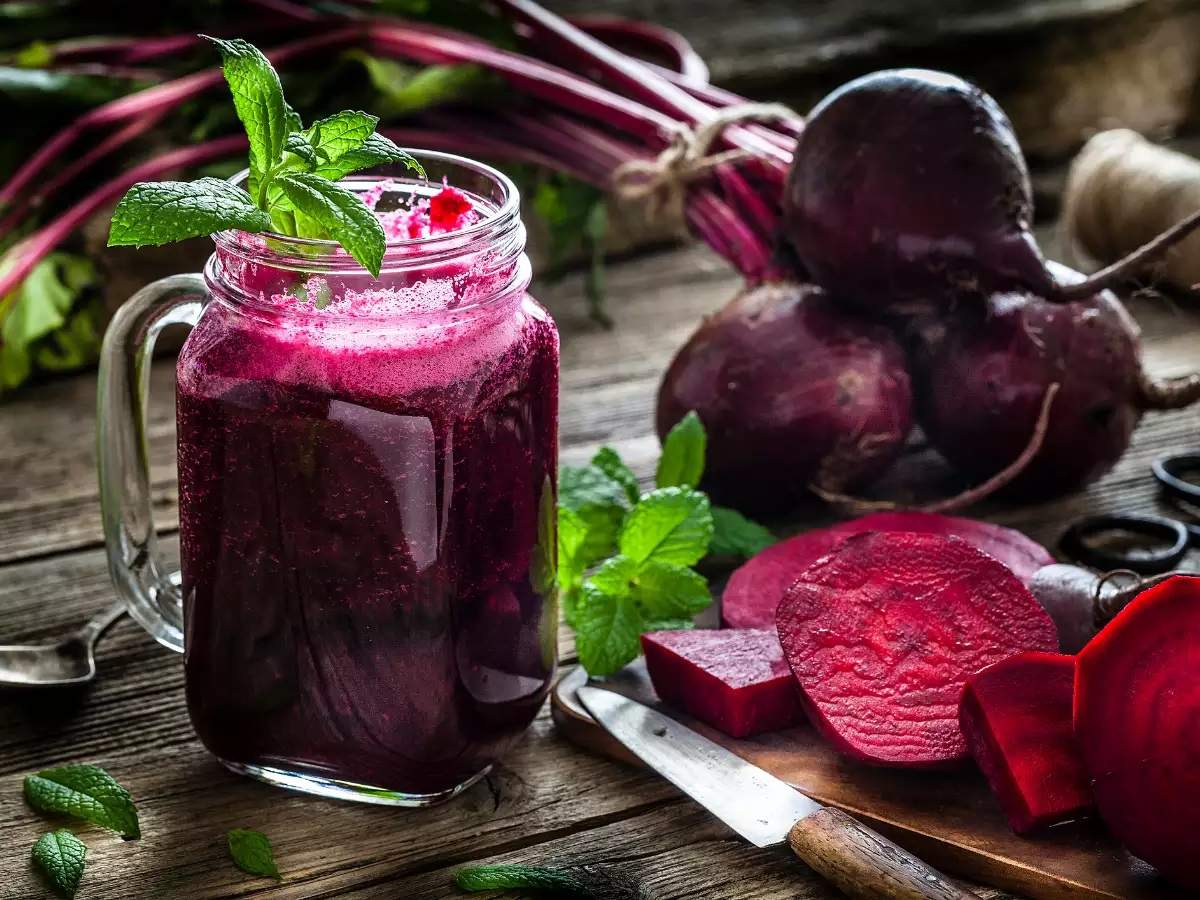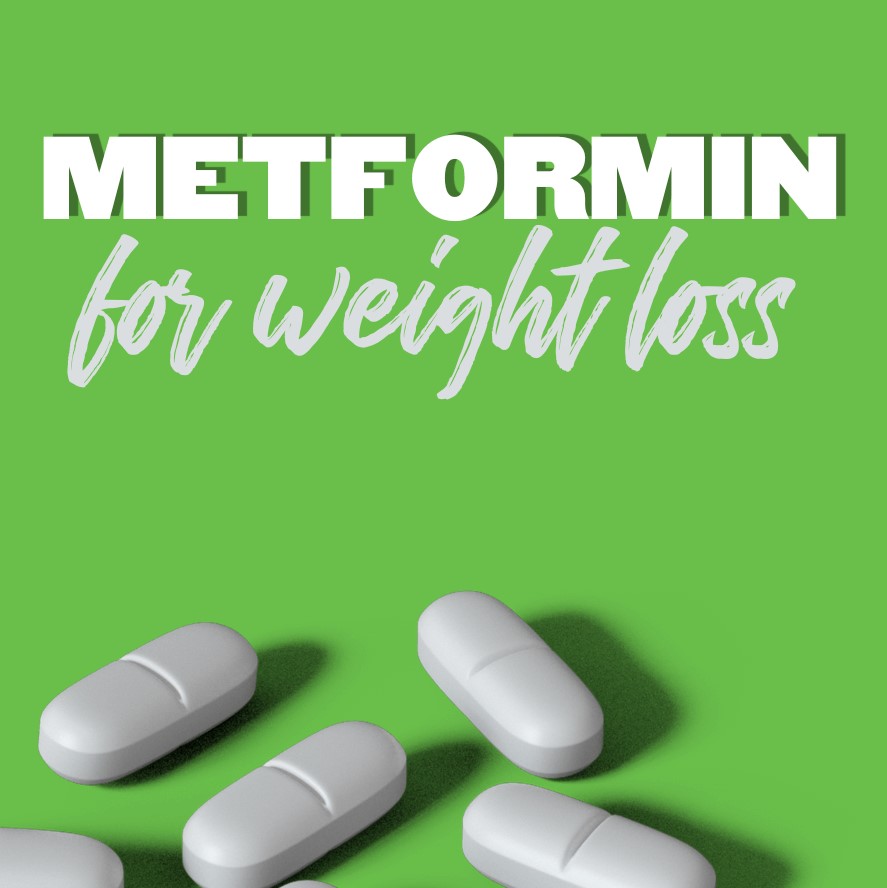The Power of Beet Juice for Liver Cleansing: Benefits and a Delicious Recipe
When it comes to maintaining optimal health, one organ that plays a vital role is the liver. Responsible for filtering toxins, metabolizing nutrients, and aiding in digestion, the liver performs countless functions to keep our bodies running smoothly. Given its significance, it’s crucial to support and nourish the liver through proper nutrition. In this blog post, we will explore the benefits of beet juice for liver cleansing and provide you with a delightful recipe to incorporate into your daily routine.
The Benefits of Beet Juice for Liver Cleansing
Detoxification
The liver is responsible for detoxifying our bodies, and beet juice can assist in this process. Beets contain betaine, a substance that supports liver detoxification pathways, helping to remove harmful substances and promote overall liver health.
Antioxidant Powerhouse
Beet juice is rich in antioxidants such as betalains and vitamin C. These compounds help combat free radicals and reduce oxidative stress on the liver, protecting it from damage caused by toxins and environmental pollutants.
Anti-inflammatory Properties
Chronic inflammation can have a detrimental effect on liver health. The betalains found in beets possess potent anti-inflammatory properties that can help reduce inflammation and promote healing within the liver.
Improved Digestion
Beet juice contains dietary fiber, which aids in digestion and helps regulate bowel movements. A healthy digestive system contributes to the overall well-being of the liver.
Enhanced Nutrient Absorption
Beet juice acts as a natural bile thinner, promoting the secretion of bile from the liver and improving the absorption of essential nutrients, including fat-soluble vitamins and minerals.
Preparing Beet Juice for Liver Cleansing
Now that we understand the benefits of beet juice for liver health, let’s dive into a simple and delicious recipe to incorporate into your daily routine:
Ingredients
- 2 large beets
- 1 medium-sized apple
- 1-inch piece of fresh ginger
- 1 lemon
- Optional: a handful of fresh mint leaves
Instructions
- Wash the beets, apple, and ginger thoroughly.
- Cut the beets and apple into smaller pieces for easier blending.
- Peel the ginger and cut it into smaller chunks.
- Squeeze the juice from the lemon.
- Place all the ingredients into a high-speed blender or juicer.
- Blend or juice until smooth and well combined.
- If desired, strain the juice to remove any fibrous bits.
- Pour the juice into a glass or jar and garnish with mint leaves (optional).
- Serve immediately and enjoy!
Note: It’s always best to consume freshly prepared beet juice for maximum nutritional benefits. However, if you need to store it, keep it in an airtight container in the refrigerator for up to 24 hours.
Incorporating Beet Juice into Your Routine
To fully experience the benefits of beet juice for liver cleansing, it’s recommended to consume it regularly. Start by incorporating a small glass (around 8 ounces) into your daily routine. You can enjoy it in the morning as a refreshing way to kickstart your day or as a mid-afternoon pick-me-up.
Remember to listen to your body and adjust the quantity as needed. If you’re new to beet juice, start with a smaller amount and gradually increase it over time.
Incorporating beet juice into your diet can provide a multitude of benefits for liver health. From detoxification and antioxidant support to anti-inflammatory properties and improved digestion, this vibrant juice packs a powerful punch. By nurturing your liver, you’re supporting your overall well-being and longevity.
Give the beet juice recipe a try and witness the positive impact it can have on your liver and overall health. Cheers to a nourished and thriving liver!












